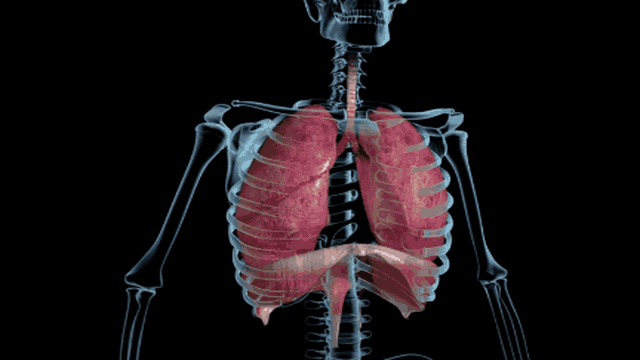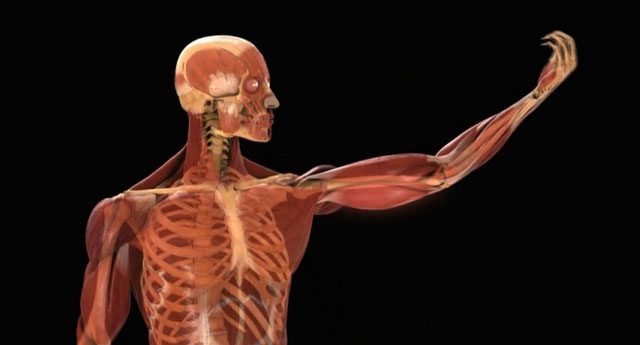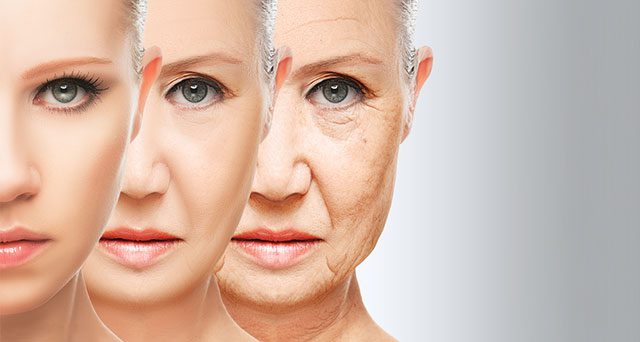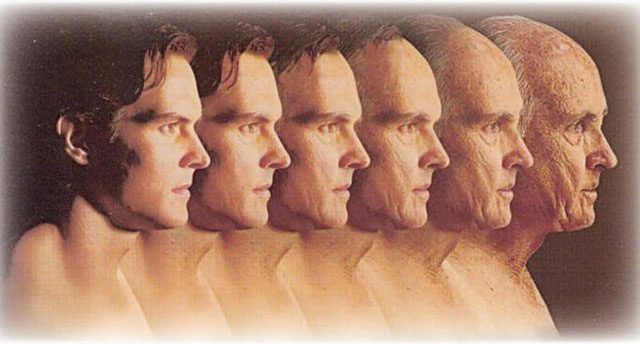The Human Body Undergoes Unexpected Changes After Turning 20.
According to scientists, the human body is a remarkable machine. Naturally, the body will experience various changes at different ages.
So, how does the human body change after passing the age of 20?

At the age of 20, the human body reaches maximum bone and muscle mass.
After over 20 years of growth and development, the human body achieves its peak bone and muscle mass. Beyond the age of 20 is also the time when the brain fully develops. Women’s menstrual cycles become more regular during this phase. At this stage, individuals may experience acne, and the likelihood of developing autoimmune disorders such as lupus and rheumatoid arthritis is at its highest.
As one enters their 30s and 40s, the body’s condition begins to decline. Specifically, we become more susceptible to osteoporosis, leading to a decrease in height and an increased risk of injury. Additionally, muscle mass starts to diminish, resulting in a condition known as sarcopenia.

The human body undergoes many changes after the age of 20. (Image: Med).
Notably, at this point, our skin loses elasticity, making it prone to sagging and wrinkling. Hair may turn gray, and individuals may begin to experience vision and hearing problems. Alarmingly, levels of testosterone and estrogen in the body decrease, leading to issues such as erectile dysfunction and menopause.
NAD+ (nicotinamide adenine dinucleotide), which plays a crucial role in mitochondria, metabolism, and aging, also begins to decline significantly.
In one’s 30s, the human body also begins to gain weight, increasing the risk of heart disease or kidney disease.
Human Body Changes After Age 40

The human body experiences many changes after age 30, especially the skin. (Illustrative image).
According to experts, men over 40 are most likely to develop heart disease. At midlife, the level of NAD+ in the human body is only about half of that at age 20. This can lead to fat accumulation and decreased mitochondrial function.
Meanwhile, the highest risk of heart disease for women occurs during menopause (ages 45 – 55).
By the age of 60, the human body stops producing T cells, which play an essential role in the immune system. As a result, individuals are more prone to illnesses, take longer to recover, and even vaccines may become less effective. This increases the likelihood of developing cancer, as half of all cancer cases occur after age 66.
Furthermore, at this age, neural impulses in the brain slow down, leading to cognitive decline such as memory loss. Symptoms of Alzheimer’s disease may appear in the 60s, but significant cognitive decline typically occurs in the 70s and 80s. This is also the age at which most people die from heart disease.
What Happens When a Person Turns 80?

At the age of 80, the human body will lose 50% of its muscle mass compared to when it was just 20. (Illustrative image).
When a person turns 80, they will have lost 50% of their muscle mass compared to when they were 20. Although aging is an inevitable part of life, the best way to prepare for these changes and avoid health issues is to maintain a healthy diet, get enough sleep, exercise regularly, and have regular health check-ups.
According to scientists, without exercising, individuals are at risk of developing various ailments such as high blood pressure, high cholesterol, heart-related diseases, obesity, depression, and lack of confidence. These changes in physical and mental health can lead to significant disadvantages in a person’s life. Therefore, we should regularly exercise to keep our bodies healthy.


















































